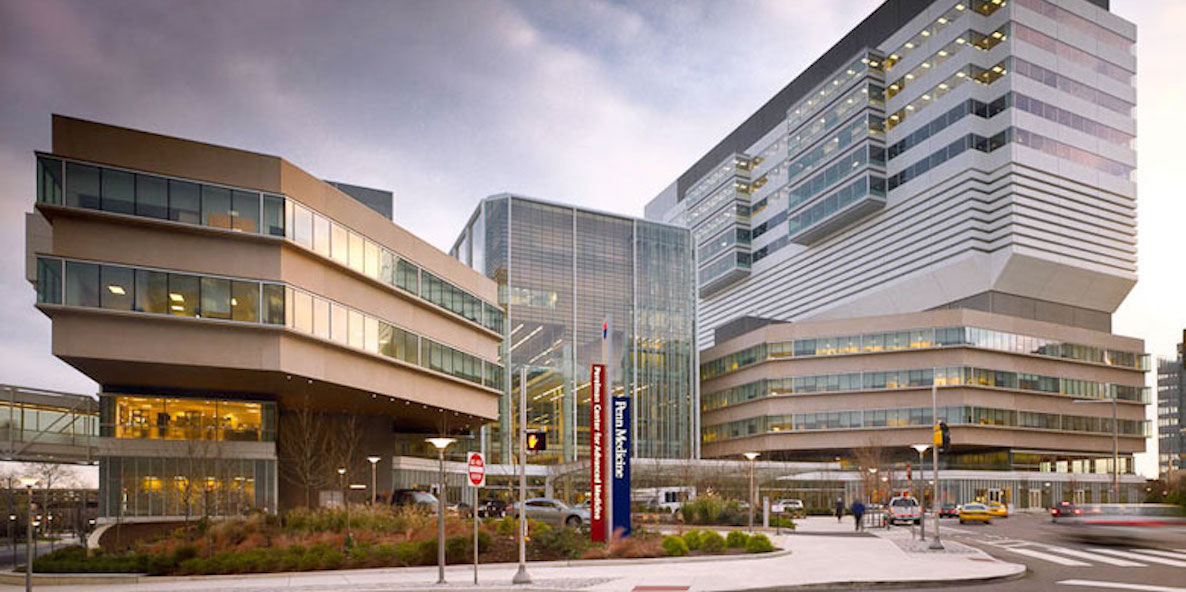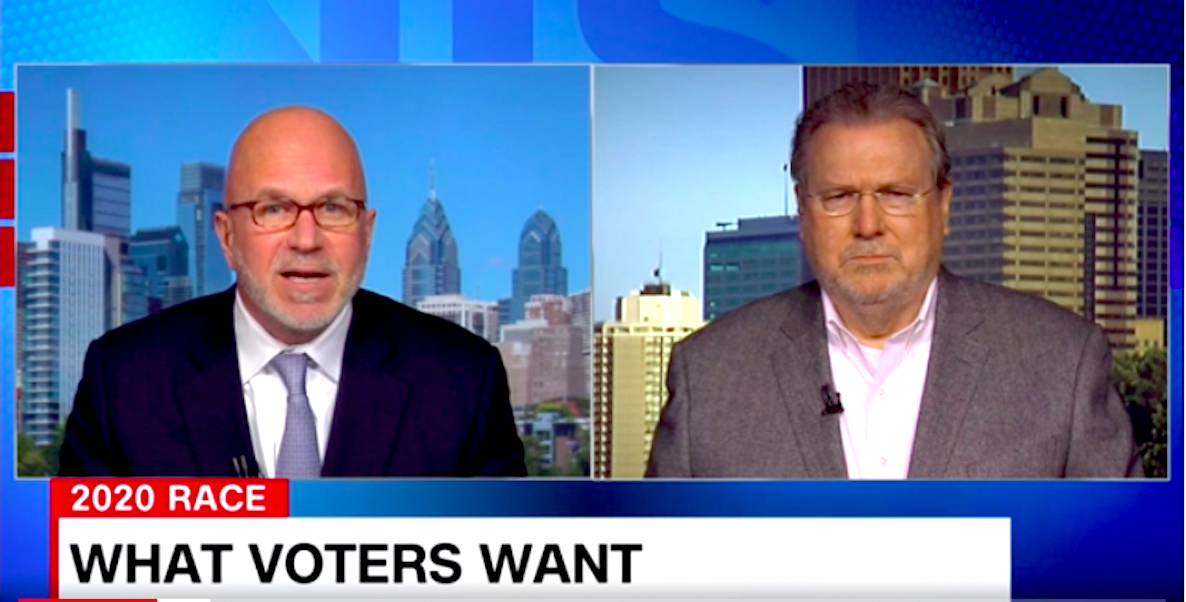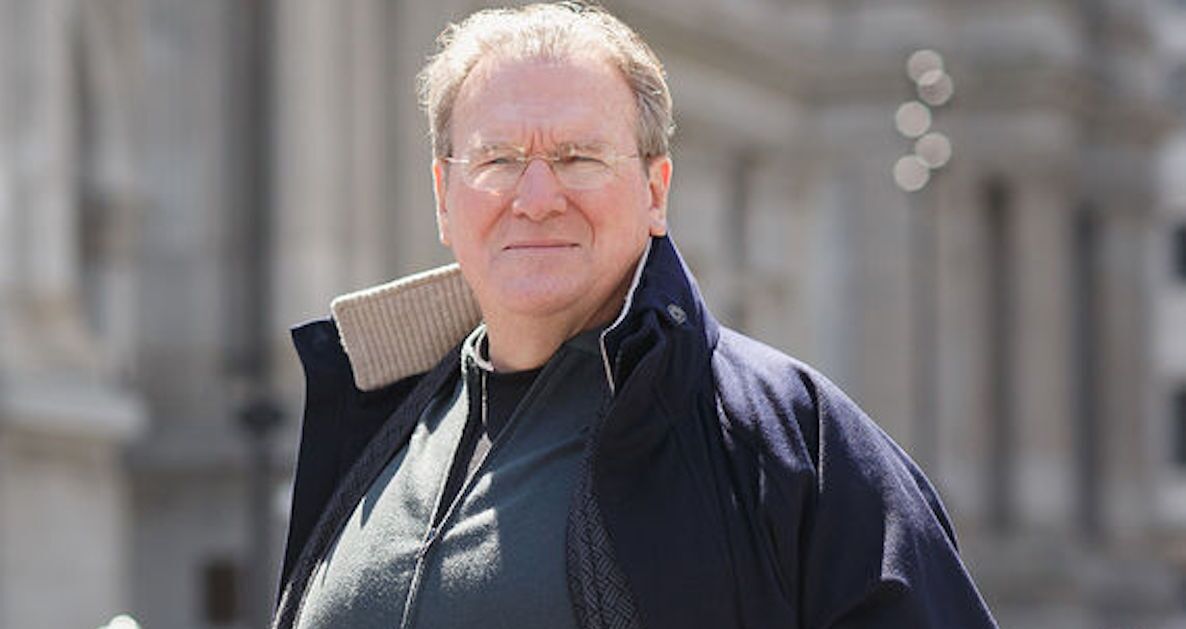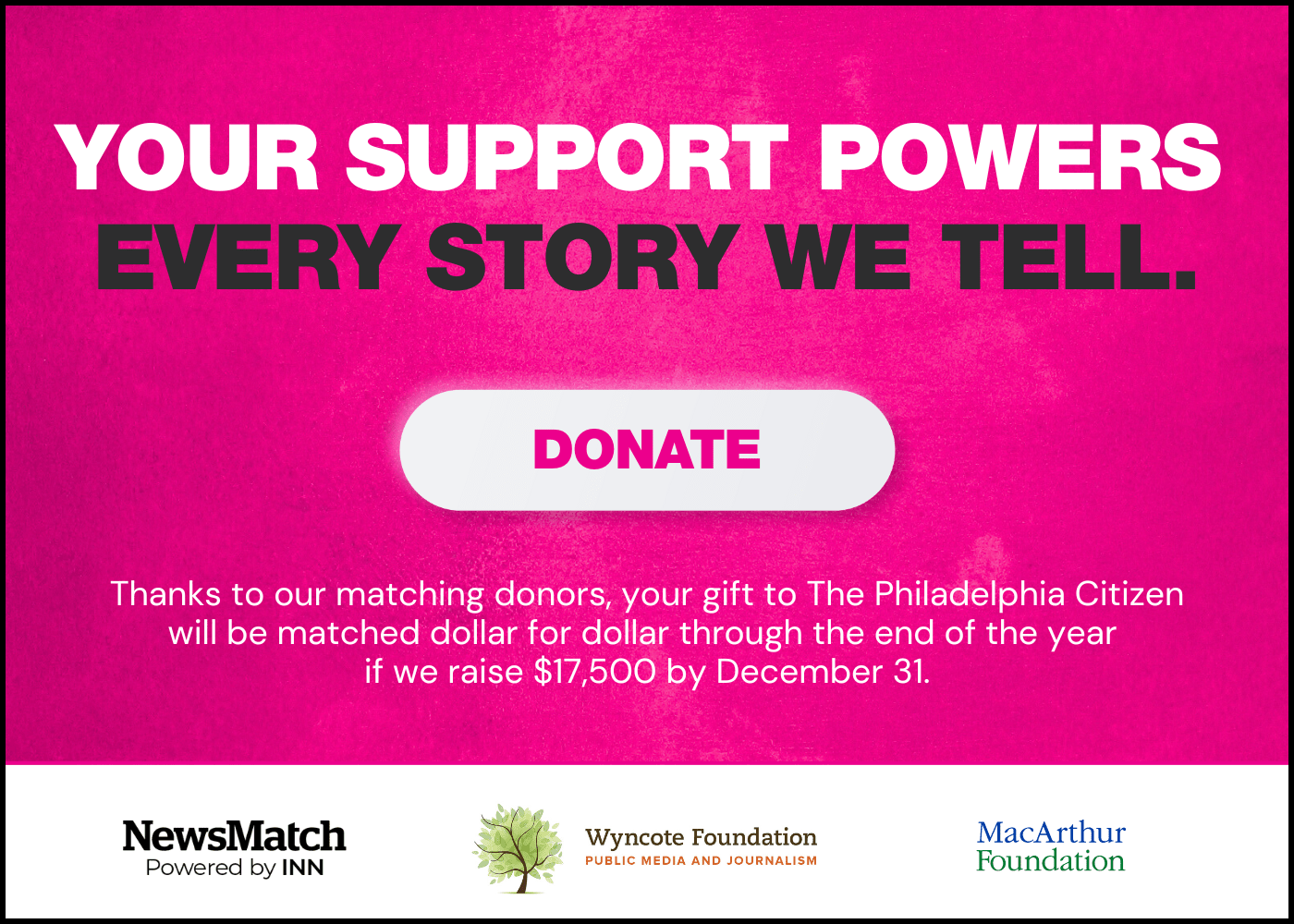Just 45 minutes north of Philadelphia stands Andalusia, an imposing Greek Revival mansion with lavish gardens and serene views of the Delaware River. In the 1820s, it was the country home of perhaps the most powerful man in America, Nicholas Biddle.
Andalusia may well have become Philadelphia’s answer to Jefferson’s Monticello, save for one thing: Biddle died there in disgrace, having led the all-powerful Second Bank of the United States through a golden age and then headlong into failure. Those who walk its rooms can sense the agony of Biddle as he grappled so painfully with defeat.
Welcome to Nicholas Biddle’s house of serenity and despair, with its many modern-day lessons. Brilliant and forceful, Biddle came from one of Philadelphia’s prominent families; distinguished himself at both Penn and Princeton; served as secretary to James Monroe, the U.S. minister in Britain and future president; witnessed Napoleon’s crowning at Notre Dame; edited the journals of Lewis and Clark; was admitted to the bar; and gained prominence in the Pennsylvania legislature.
Andalusia may well have become Philadelphia’s answer to Jefferson’s Monticello, save for one thing: Biddle died there in disgrace, having led the all-powerful Second Bank of the United States through a golden age and then headlong into failure.
Biddle had been the second American ever to tour Greece, and his passion for that country helped propel staid Philadelphia to the forefront of the Greek Revival in architecture as “the Athens of America.” Central to this were the Doric columns and “golden ratio” that he advocated as he oversaw the design of Andalusia, the Second Bank, and Philadelphia’s Girard College. (He also oversaw the simpler design of his city residence, still standing at 715 Spruce).
![]()
He became president of the Second Bank at the age of thirty-seven. As the nation’s bank, its loans grew to $60 million at a time when few other banks had loans over $1 million. Modern-day Philadelphians can stroll down Chestnut Street at Third and pass the stately Second Bank building, now a national historic landmark and portrait gallery.
The Second Bank handled the U.S. Government’s financial transactions and was the primary point of exchange for the hundreds of currencies that crossed the nation in those days (the US did not yet have a single national currency). This gave Biddle and his bank enormous power.
![]()
But his power had limits. The Bank’s charter was set to expire in 1836 and he needed Washington to enact legislation prior to that time granting a new charter. But it had become feared and resented by many, sometimes called the “monster” of Chestnut Street. Unlike today’s Federal Reserve Bank, it was largely owned by a plutocracy of wealthy private citizens (including some of the hated Brits), which struck many as unfair. It was the only bank allowed interstate branches, and through its 25 branches across the nation had unmatched power to grant or deny credit. Further, it had engaged in reckless lending in its earliest years, which brought on a national depression in 1819.
For these reasons, America’s populist president Andrew Jackson was the very man most opposed to the bank, and thus Biddle’s bid for a new charter fell short. He scrambled and obtained a state charter for the bank, but having lost the U.S. government’s business, was compelled to take desperate, imprudent steps to gain new revenues which led the bank to liquidation in 1841.
I’m haunted by Biddle. Is there a lesson in his story for the Philadelphia of today? I was a bank president who faced a crisis or two. Is there a lesson for me?
Biddle’s critics accused him of arrogance and ineptitude, and believed a different man could have bridged the differences with President Jackson. His defenders cast Jackson as a duplicitous president who intentionally sabotaged the bank.
With the failure, Biddle lost his fortune, and his wife saved Andalusia by using her inherited wealth held in trust. To the many Philadelphians who lost fortunes because of Biddle, he became a pariah. Hounded by civil suits, he succumbed to disgrace and died at Andalusia in 1844 at the age of 58.
![]()
I’m haunted by Biddle. Is there a lesson in his story for the Philadelphia of today? I was a bank president who faced a crisis or two. Is there a lesson for me?
I hope we always dare as greatly as Biddle did, his stumble notwithstanding. I hope we judge risk more clearly than he did at the hour of truth. I hope if it is given to us to scale the heights, we bring humility.
But perhaps the most important lesson is this: to take those defeats that inevitably come with more grace than Biddle did—to learn as Kipling told us, to “meet with Triumph and Disaster and treat those two impostors just the same.” He left us too early. He had more to give. Each time I read his story my wish for him is to not succumb. To get back up. To carry on.
You won’t hear much of this unpleasant part of the Biddle story in the video shown at the beginning of your Andalusia tour. Yet the video and the tour are more than worth it.
Treat yourself to Andalusia. When you do, or when you next find yourself passing by the Second Bank Building, Girard College, or 715 Spruce—give a nod to old Nick. He could use your friendship.
Philanthropist and former banker Richard Vague is the author of A Brief History of Doom: Two Hundred Years of Financial Crises.
Photo via Wikipedia







